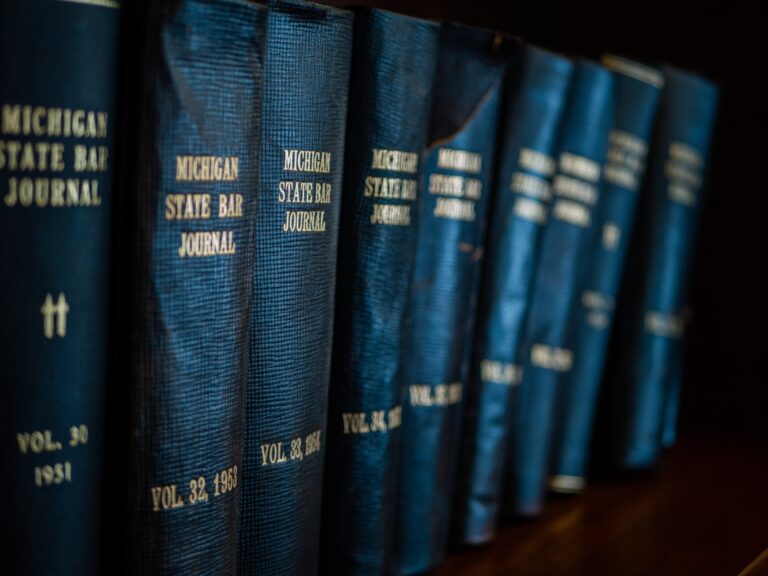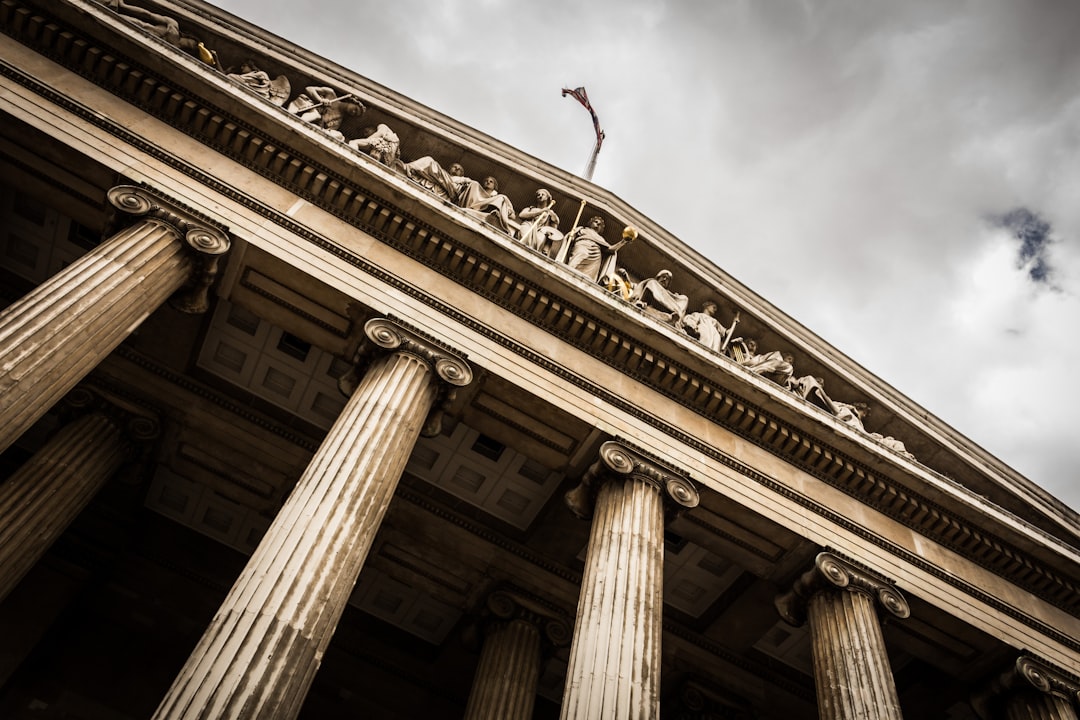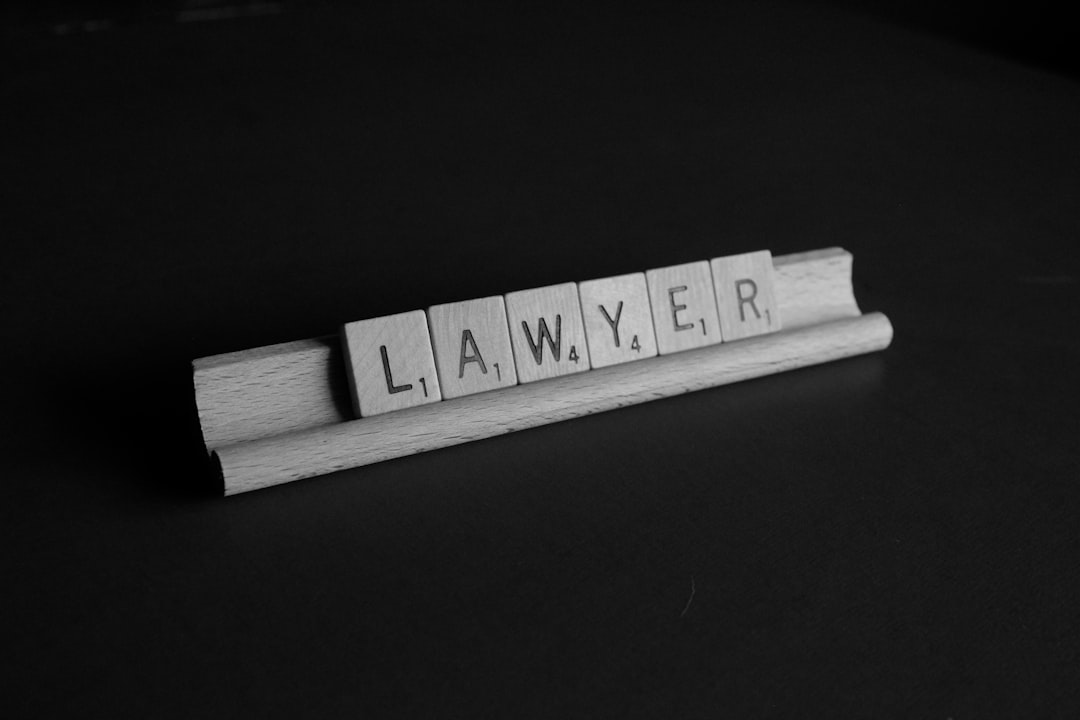Deepfakes challenge sexual assault lawyers in Rochester, NY, requiring expertise in identifying manipulated media and ensuring genuine evidence integrity. AI offers opportunities for faster analysis but raises concerns about deepfake evidence. Lawyers must collaborate with AI forensics specialists to maintain high standards in sexual assault cases, balancing technology's advantages while preserving justice.
In the digital age, artificial intelligence (AI) and deepfakes present unprecedented challenges in sexual assault investigations. This article delves into the intricate relationship between these technologies and their impact on justice in Rochester, NY. From understanding the mechanics of deepfakes to exploring AI’s role in evidence handling, we navigate the ethical maze they create. Additionally, we discuss strategies for protecting victims and the unique legal implications in Rochester’s sexual assault landscape. Essential reading for those seeking clarity in this evolving domain, especially considering the need for competent sexual assault lawyers in Rochester NY.
Understanding Deepfakes: The New Challenge in Sexual Assault Cases

Deepfakes, a cutting-edge yet concerning development in artificial intelligence (AI), present a novel challenge for sexual assault investigations in Rochester, NY. These highly realistic, manipulated digital media can include videos or audio recordings that have been altered to depict individuals in scenarios they never experienced—including sexual assaults. This technology raises critical questions about consent and authenticity, as it becomes increasingly easier to create false evidence, potentially jeopardizing the integrity of legal cases.
For sexual assault lawyers in Rochester NY, navigating this complex landscape requires a thorough understanding of deepfake technology and its implications. They must be adept at recognizing manipulated media and ensuring the admissibility of genuine evidence. As deepfakes continue to evolve, so too does the need for robust forensic tools and expert analysis to safeguard the accuracy of sexual assault investigations.
AI's Role: Enhancing or Compromising Evidence Integrity?

Artificial Intelligence (AI) has emerged as a powerful tool in various fields, including law enforcement and criminal investigations. In the context of sexual assault cases in Rochester, NY, AI offers both potential advantages and concerns regarding evidence integrity. On one hand, AI-powered technologies can assist investigators by analyzing vast amounts of data, identifying patterns, and enhancing the process of reviewing evidence, such as digital images and videos. This is particularly relevant for deepfakes, where AI can help detect manipulated media, ensuring the accuracy of visual evidence crucial for building strong cases.
However, the use of AI also raises questions about the reliability and manipulation of evidence. As sexual assault lawyers in Rochester NY know, the integrity of evidence is paramount. Deepfakes, created using advanced AI techniques, can be nearly indistinguishable from real footage, making it challenging to verify authenticity. This technological advancement may compromise the accuracy of investigations, especially when dealing with sensitive cases where false accusations or misunderstandings can have severe consequences. Therefore, as AI becomes more integrated into law enforcement practices, a balanced approach is necessary to harness its benefits while maintaining the highest standards of evidence integrity.
Legal Implications: Navigating the Ethical Maze of Deepfake Technology

The rise of deepfake technology presents a complex ethical dilemma, particularly in the context of sexual assault investigations. As artificial intelligence (AI) becomes more sophisticated, the potential for creating realistic but false evidence is a game-changer. Deepfakes can range from manipulated images to video content, raising concerns about their use as reliable proof in legal matters. In Rochester, NY, where individuals seek justice for sexual assaults, the impact of deepfakes on investigations and trials cannot be overlooked.
Legal professionals, especially sexual assault lawyers, must stay ahead of this technological curve. The ethical considerations are vast; from ensuring fair trials to protecting victims’ rights, lawyers face a challenging task. With deepfakes, establishing authenticity becomes an intricate process, requiring advanced forensic techniques. Navigating these uncharted legal waters demands a proactive approach, where sexual assault lawyers Rochester NY must collaborate with experts to develop strategies for identifying and countering deepfake evidence, ensuring that justice remains blind to technological deceptions.
Protecting Victims: Strategies for Attaining Justice Despite Deepfakes

In the face of deepening technological challenges, protecting victims of sexual assault remains paramount in Rochester, NY. Deepfakes, powerful AI tools capable of creating highly convincing fake videos and audio, have emerged as a new form of manipulation that can undermine investigations and impede justice. These synthetic media can be used to fabricate false accusations or pervert real evidence, posing significant risks to the integrity of sexual assault cases.
To counter these threats, strategic approaches are essential for legal professionals and law enforcement agencies in Rochester. Sexual assault lawyers play a crucial role in navigating this complex landscape by employing forensic analysis techniques to detect deepfakes, ensuring robust evidentiary standards, and advocating for victim rights. Legal strategies must evolve to address the unique challenges posed by AI-generated content while upholding the principles of justice and fairness for all victims.
Rochester's Landscape: Sexual Assault Laws and AI-Deepfake Defense

Rochester, like many cities across the nation, has a landscape of laws aimed at protecting victims of sexual assault and holding perpetrators accountable. These laws include strict guidelines on consent, penalties for non-consensual acts, and provisions for support services to assist survivors. However, as technology advances, new challenges emerge, particularly with the rise of AI-generated deepfakes.
In the context of sexual assault investigations, deepfakes pose a significant threat by creating false evidence that can undermine cases and lead to miscarriages of justice. Rochester’s legal community is adapting to this evolving scenario, with sexual assault lawyers staying abreast of developments in AI forensics to defend their clients effectively. They work closely with experts who specialize in detecting deepfakes, ensuring that the digital evidence presented in court is authentic and reliable. This proactive approach is crucial in navigating the complex intersection of technology and justice in sexual assault cases.






